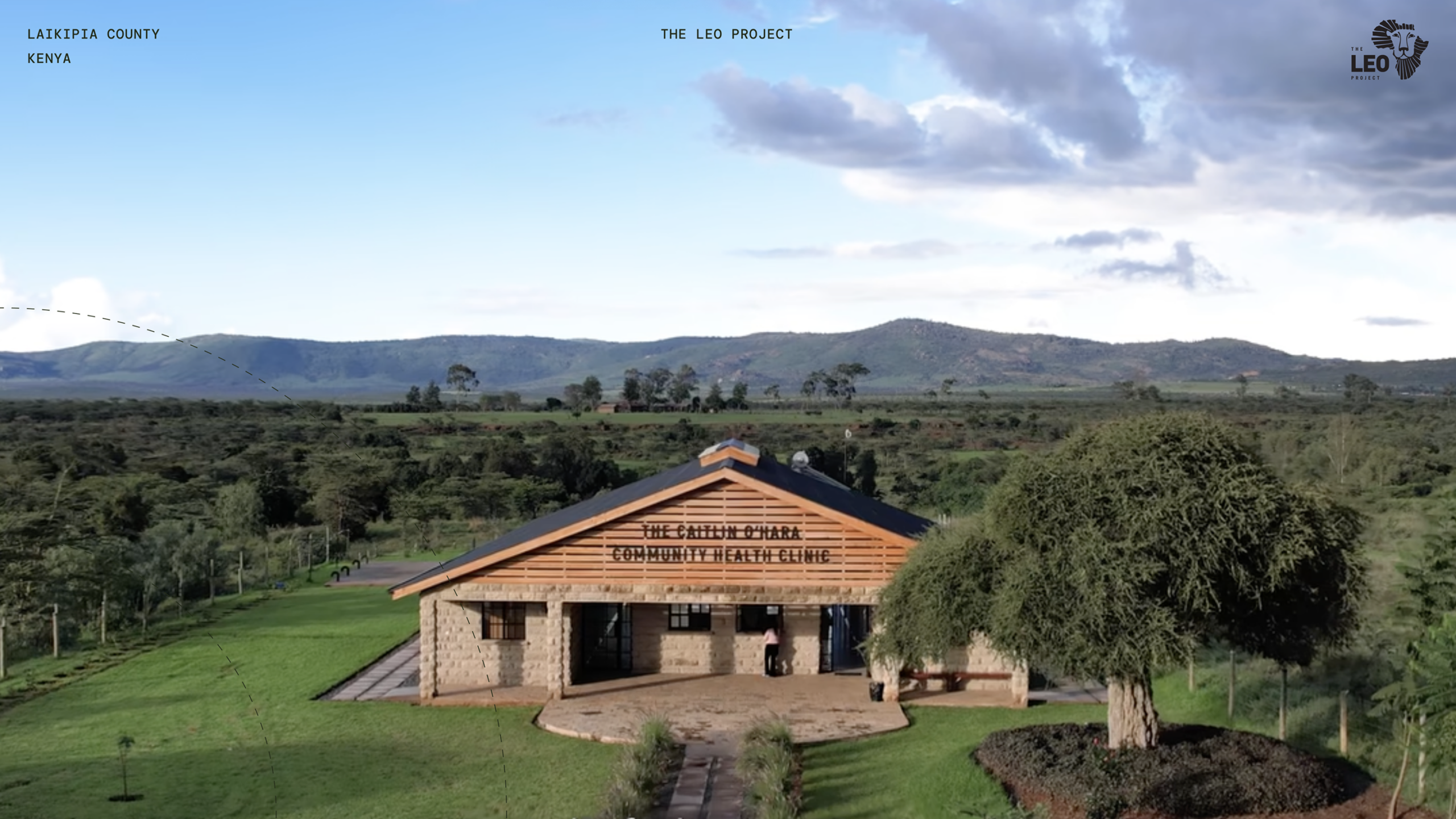New Article: Justice and injustice in “Modular, Adaptive and Decentralized” (MAD) water systems
Centralized water infrastructure is challenged by climate change, infrastructure degradation, underinvestment, and shifting water demands. In its place, scholars have argued for “Modular, Adaptive and Decentralized” (MAD) water systems. We critically interrogate the environmental injustices that produce, and may be reproduced through, MAD water systems. We focus on two key dynamics by which MAD systems emerge: “shoving-out” of, and “opting-out” from, centralized water systems. Using a justice-based framework, we synthesize three cases from Texas, California, and North Carolina, each illustrating how racial and socio-economic marginalization produce MAD water systems. We argue that identifying the structural and relational forces that drive “shove-out” and “opt-out” dynamics remains key for theorizing the enactment of MAD water systems. Read more about JPB Fellow research Anais Delilah Roque.


